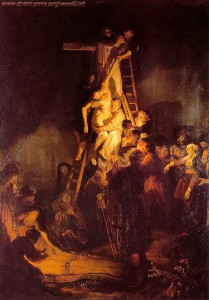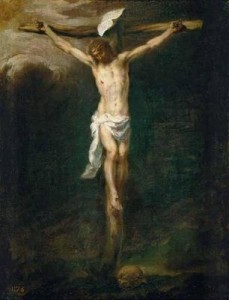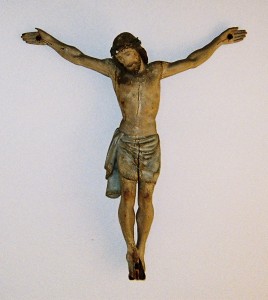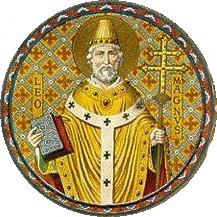
Evangelical Essentials (Introduction)
For the love of Christ compels us, because we judge thus: that if One for all, then all died; and He died for all, that those who live should live no longer for themselves, but for Him who died for them and rose again.
2 Corinthians 5:14-15 (NKJV)
The Evangelical impulse is a vital, Spirit-motivated, joyful hunger to declare the saving, unmerited grace of Christ by calling all sinners to the bloodied Hill of Calvary for forgiveness and mercy. The Evangelical impulse proclaims this message of Good News to the least, lost, and the lonely while simultaneously working to reform the Church according to the Scriptures. This impulse began with the New Testament, continued in the Patristic period, renewed during the Reformation, and revived during the Great Awakenings of the 18th and 19th century.
[Richard Lovelace, “A Call to Historic Roots and Continuity,†in The Orthodox Evangelicals, eds. Robert Webber and Donald Bloesch (Nashville, TN: Thomas Nelson, 1978), 47.]
The Evangelical impulse is birthed in the Scriptures, empowered by the Holy Spirit, centered in the cross and resurrection of Jesus Christ, and compelled by the story of Christ’s saving acts throughout the world.
Church historian, Stephen Nichols elaborates:
Luther spawned more than a singular alternative to the Roman Catholic Church. Yet, while there are alternatives, to be sure, at the heart of these various Protestant groups who remain faithful to the gospel there is a common core: a theological center that consists of the authority of Scripture alone and insists that salvation comes by faith alone through God’s grace alone—and that this salvation comes through the work of Christ alone. This is the lasting legacy of the Reformation—not the discovery of truths, but their recovery and their return to the heart and center of the church.
[Stephen Nichols, Pages From Church History: A Guided Tour of Christian Classics (Phillipsburg, NJ: P&R Publishing, 2006), 35. ]
At the heart of the Evangelical impulse is the abiding concern for the salvation of every person and that salvation in grounded in the phrase, “The truth of the gospel is salvation by grace alone through faith alone in Christ alone.†Our deliverance from sin is not based on our performance, but based on Christ’s performance on the Cross—it is all grace. The Evangelical impulse is motivated by God’s very gracious grace:
No one can understand the message of Scripture who does not know the meaning of grace. The God of the Bible is ‘the God of all grace’ (1 Pet. 5:10). Grace is love, but love of a special sort. It is love, which stoops and sacrifices and serves, love which is kind to the unkind, and generous to the ungrateful and undeserving. Grace is God’s free and unmerited favour, loving the unlovable, seeking the fugitive, rescuing the hopeless, and lifting the beggar from the dunghill to make him sit among princes.
[John Stott, Understanding the Bible, Revised (London: Scripture Union, 1984), 127.]
For the Evangelical, God’s grace draws us saying, “Trust Christ’s finished work on the Cross as your own, know that his death paid your penalty, and that his obedient life is now your righteousness.†The Evangelical experience of conversion is typified by these elements: conviction of sin, power of preached Word, call to faith, focus on Jesus Christ and his saving work on the Cross, and personal heart change.
Scholar, David Bebbington, identifies four key elements of the Evangelical impulse:
1) Life-change: the belief that hearts need conversion.
2) Bible priority: all spiritual truth is found in sacred scripture.
3) Evangelism: all Christ-followers are engaged in spreading the knowledge of Christ’s life, death, burial, and resurrection.
4) Crucicentrism: Christ’s death and resurrection is the central event for our salvation providing reconciliation with God.
[David Bebbington, Evangelicalism in Modern Britain: A History from the 1730s to the 1980s (London: Unwin Hyman, 1989), 2. ]
The Evangelical impulse focuses on changing lives by changing hearts one-by-one by the power of the Cross. Evangelicals trust the transforming work of the Holy Spirit, he applies Christ’s finished work on the Cross to the lives of individual sinners setting them free from themselves by converting their hearts from self-absorption to love of God and others.
God’s love is his holiness reaching out to sinners; grace is but the price that his love pays to his holiness; the cross is but its victory over sin and death; and faith is but the way in which we bring our worship to him who is holy.
David F. Wells, The Courage to be Protestant (Grand Rapids, Mi.: Eerdmans, 2008), 130.








